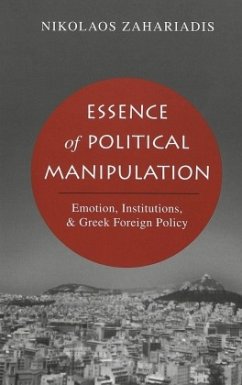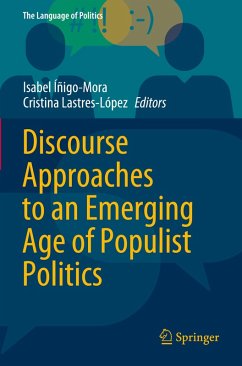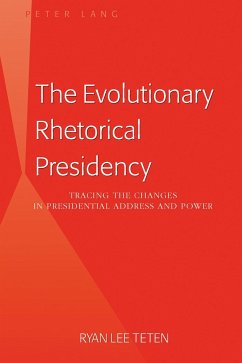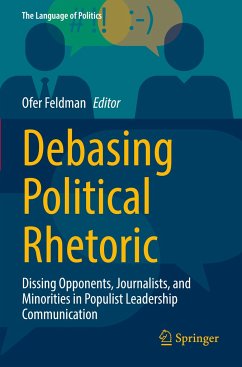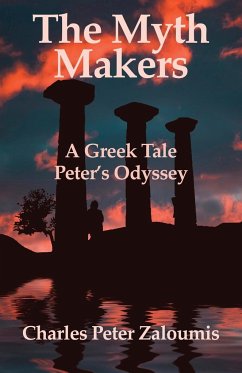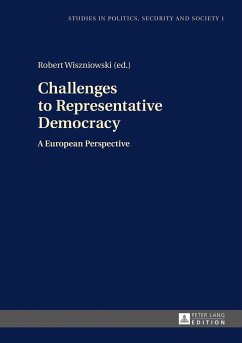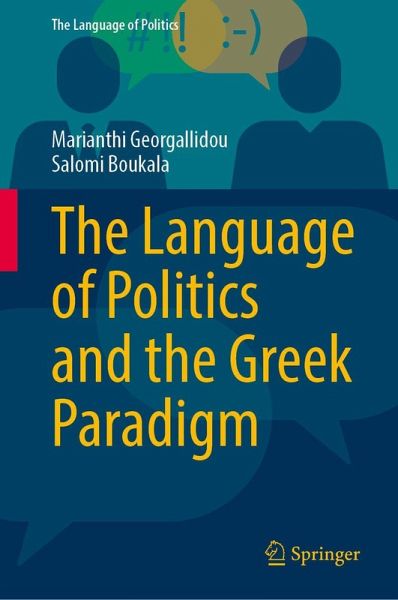
The Language of Politics and the Greek Paradigm
Versandkostenfrei!
Erscheint vorauss. 27. November 2025
98,99 €
inkl. MwSt.

PAYBACK Punkte
49 °P sammeln!
This book seeks to identify the manifold ways in which the multiple European crises, debt, financial, sociopolitical, refugee (re)construct political polarizations in Greece on the basis of the country s divided past. This is the first book in the context of Discourse Studies and Political Communication which addresses specifically the Greek political particularities and their importance in both the construction and the expression of different notions of political identity in discourse.The book, written by two linguists, provides a critical interactional approach that combines critical discour...
This book seeks to identify the manifold ways in which the multiple European crises, debt, financial, sociopolitical, refugee (re)construct political polarizations in Greece on the basis of the country s divided past. This is the first book in the context of Discourse Studies and Political Communication which addresses specifically the Greek political particularities and their importance in both the construction and the expression of different notions of political identity in discourse.
The book, written by two linguists, provides a critical interactional approach that combines critical discourse analysis, sociolinguistics, argumentation, political sociology, and social theory. Its interdisciplinary character enriches its theoretical platform and makes it distinctive.
While the book centers on the Greek political landscape, it offers valuable insights for the broader study of Western politics and societies, which, like Greece, have in recent years been marked by overlapping crises, polarization, and political instability. We anticipate that readers will identify parallels between the Greek case and their own political realities. Coupled with an innovative methodological approach, this study aims to open new pathways in the analysis of political discourses.
The book, written by two linguists, provides a critical interactional approach that combines critical discourse analysis, sociolinguistics, argumentation, political sociology, and social theory. Its interdisciplinary character enriches its theoretical platform and makes it distinctive.
While the book centers on the Greek political landscape, it offers valuable insights for the broader study of Western politics and societies, which, like Greece, have in recent years been marked by overlapping crises, polarization, and political instability. We anticipate that readers will identify parallels between the Greek case and their own political realities. Coupled with an innovative methodological approach, this study aims to open new pathways in the analysis of political discourses.



